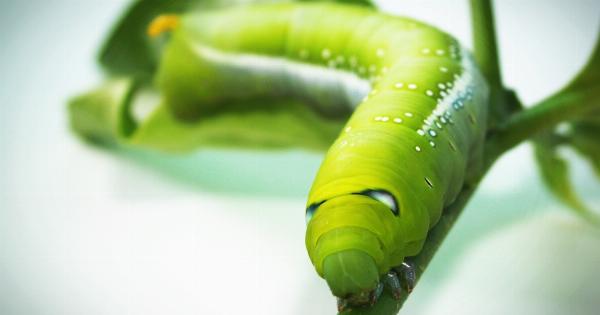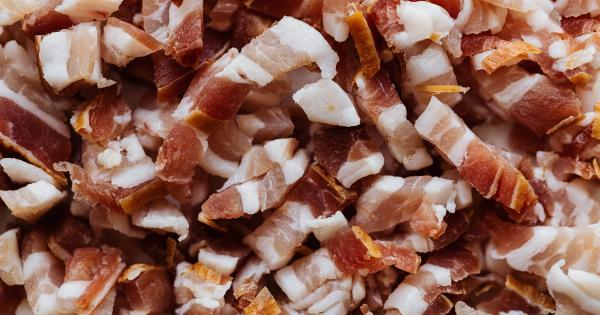The lion is known as the king of the jungle, and rightly so. Its muscular build, powerful roar, and intimidating presence make it one of the most feared animals on the planet.
But aside from being a majestic predator, lions also have a unique diet that may surprise you. In this article, we’ll explore the diet of a lion and whether or not it’s a good idea for humans to try it.
What do lions eat?
Contrary to popular belief, lions don’t just eat meat. They are actually omnivores, meaning that they eat both plant and animal matter. However, the majority of their diet consists of meat, which they obtain by hunting and scavenging.
Lions are opportunistic hunters, which means that they will eat whatever prey is available to them.
Some of the common prey species that lions hunt include:.
- Impalas
- Gazelles
- Zebras
- Buffalo
- Wildebeest
When it comes to scavenging, lions will often eat the leftovers from other predators’ kills, such as hyenas and leopards. They are also known to steal kills from other predators, including cheetahs and wild dogs.
The lion diet for humans
Given that the lion’s diet consists mostly of meat, it’s only natural to wonder whether or not humans can benefit from eating like a lion.
While there are some people who follow a carnivore diet (also known as the “meat-only” diet), most health experts agree that this is not a sustainable or healthy way to eat.
Studies have shown that a diet high in red meat is linked to an increased risk of heart disease, stroke, and certain types of cancer.
Additionally, eating a predominately meat-based diet can lead to nutrient deficiencies, as many important vitamins and minerals are found in plant-based foods.
While it may be tempting to try a lion-inspired diet for its potential weight loss benefits, it’s important to remember that every body is different and what works for one person may not work for another.
Instead of mimicking the lion’s diet, experts recommend following a well-rounded, balanced diet that includes plenty of fruits, vegetables, whole grains, lean protein, and healthy fats.
The benefits of a plant-based diet
If you’re still not convinced that a balanced diet is the way to go, consider the many benefits of a plant-based diet.
Studies have shown that people who eat a mostly plant-based diet have a lower risk of heart disease, obesity, type 2 diabetes, and certain types of cancer.
Plant-based foods are also rich in fiber, which can aid in digestion and promote a feeling of fullness. This can help you maintain a healthy weight and avoid overeating.
Additionally, many plant-based foods are packed with important vitamins and minerals, such as vitamin C, vitamin A, potassium, and folate.
Another benefit of a plant-based diet is that it can be more environmentally sustainable than a meat-based diet. Animal agriculture is a major contributor to greenhouse gas emissions, land degradation, and water pollution.
By choosing to eat more plant-based foods, you can help reduce your carbon footprint and contribute to a healthier planet.
Conclusion
While the diet of a lion may be impressive, it’s not the best choice for humans. Instead, focus on eating a well-rounded, balanced diet that includes plenty of fruits, vegetables, whole grains, lean protein, and healthy fats.
By choosing a plant-based diet, you can reap a variety of health benefits and promote a more sustainable planet.





























